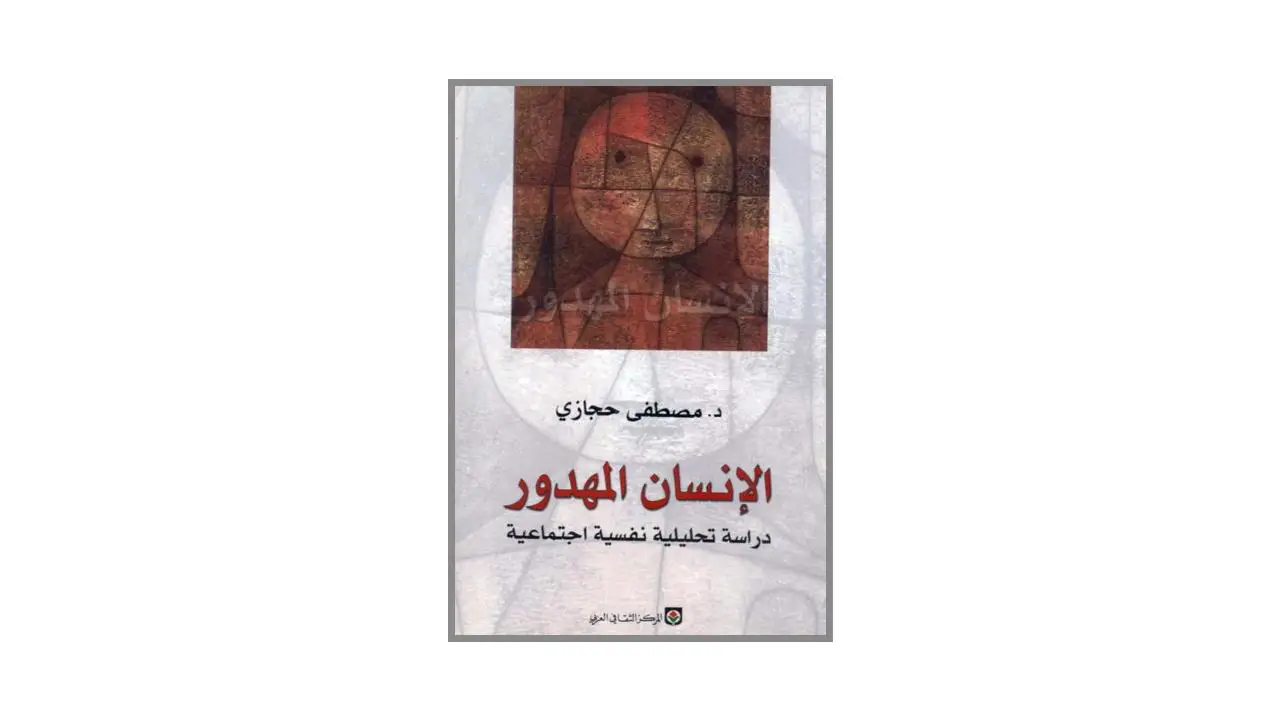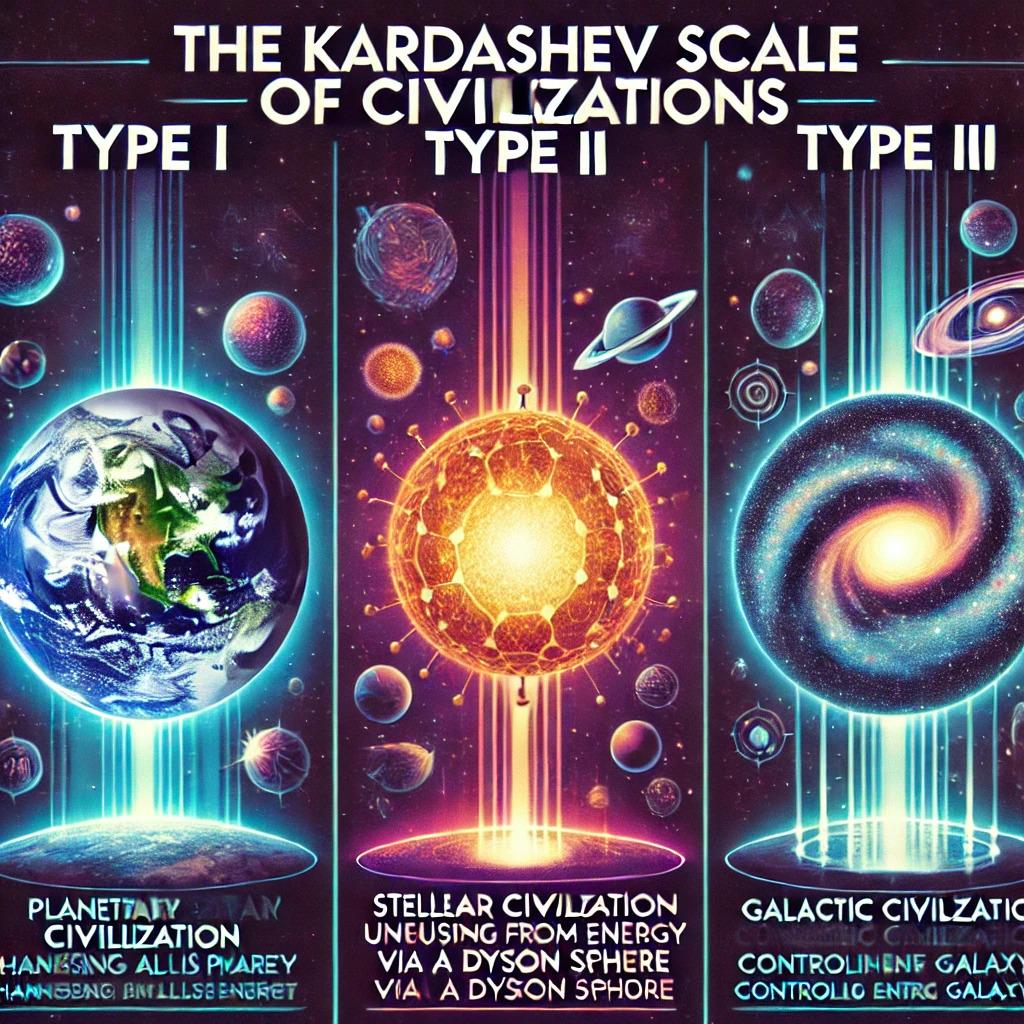From Belonging to Estrangement: Exploring 'The Lost Human'
Category: Literature
Date: January 2024
Views: 1.10K
"Under the shadow of tyranny, the essence of belonging is eclipsed, and the inherent right of citizenship is rendered a precarious gift, subject to the caprices of despots."
Introduction
In his seminal work "The Lost Human: A Psychological Analysis," Lebanese thinker and psychologist Mustafa Hijazi delves into the intricate dynamics of human identity and belonging. Through a nuanced exploration of the concept of nationalism, authoritarianism, and societal alienation, Hijazi unravels the profound impact of neuroticism on individual and collective consciousness. This article endeavors to dissect the key insights presented in Hijazi's work, shedding light on the existential crises faced by individuals ensnared in the confines of narrow affiliations and oppressive regimes.
Neuroticism and Constricted Identity
Hijazi posits that in states of neuroticism, belonging becomes constricted, leading to a pervasive sense of siege that inhibits one's existential expansion. The traditional notions of homeland become eroded or obscured as allegiance gravitates towards tribes, clans, sects, or regions. This siege mentality, imposed by neurotic affiliations, obstructs the evolution of nations into true homelands characterized by supra-tribal identities. Consequently, nations that fail to transcend narrow affiliations remain ensnared in inter-tribal conflicts reminiscent of primal struggles for survival in the wilderness.
Authoritarianism and Civic Estrangement
At the zenith of tyranny, where surveillance permeates every facet of life, and rulers assert ownership over both land and its inhabitants, civic belonging is squandered, and citizenship rights are usurped. Under such despotic regimes, individuals become estranged within their own homeland, deprived of control over their vital spaces and barred from venturing into broader domains. Citizenship morphs from an inherent right into a precarious gift that can be revoked at any moment, depriving individuals of agency and self-determination. This existential catastrophe renders any notions of development or progress illusory, as a disempowered populace resigns to passive alienation or resorts to clandestine dissent, perpetuating a cycle of societal decay.
The Paradox of Assimilation and Resistance
In the face of civic marginalization, individuals may opt for assimilation, masquerading compliance with the legitimacy of oppressive rulers, or even renouncing their national identity as a form of counter-dispossession. However, the most extreme manifestations of resistance may culminate in the wholesale destruction of societal structures, indiscriminately targeting both oppressors and adversaries. This paradoxical phenomenon underscores the depths of societal malaise engendered by neuroticism, as radicalized behaviors threaten to destabilize the very fabric of civilization.
Conclusion
"The Lost Human" by Mustafa Hijazi serves as a poignant indictment of the deleterious effects of neuroticism on individual and collective identity. Through his incisive analysis, Hijazi elucidates the perils of narrow affiliations and authoritarianism, underscoring the imperative of transcending tribalistic impulses towards a more inclusive and enlightened conception of nationalism. As societies grapple with the existential crises precipitated by neuroticism, Hijazi's work stands as a beacon of introspection, urging humanity to confront its inner demons and forge a path towards genuine emancipation and collective flourishing.
Reference:
Mustafa Hijazi, "The Lost Human: A Psychological Analysis," Arab Cultural Center, 2006.
You can download the arabic version of this book from here



















0 Comments, latest